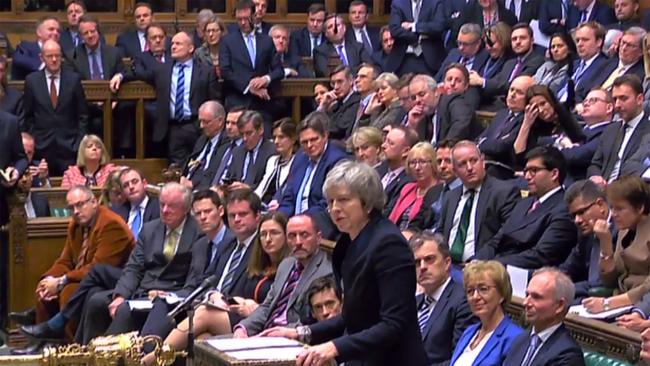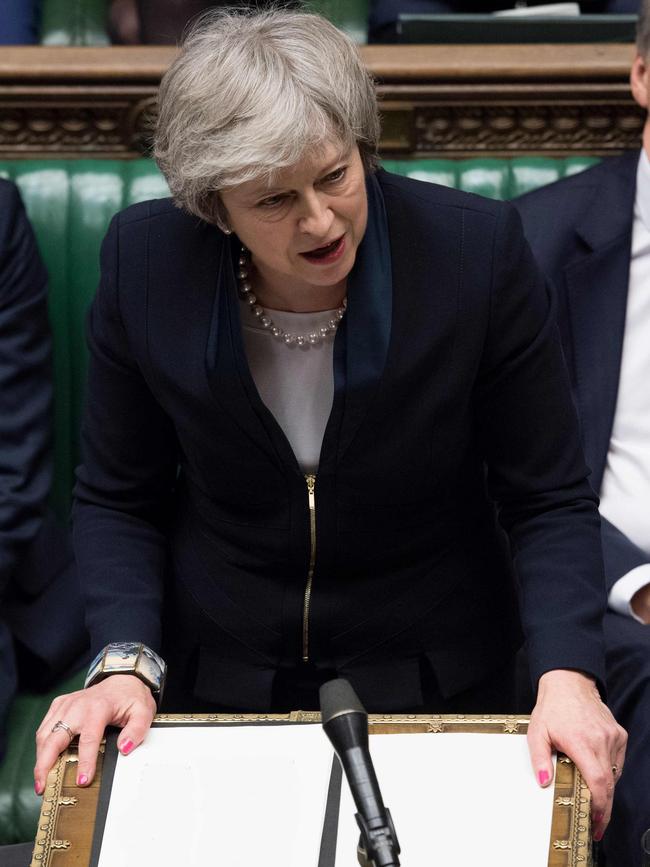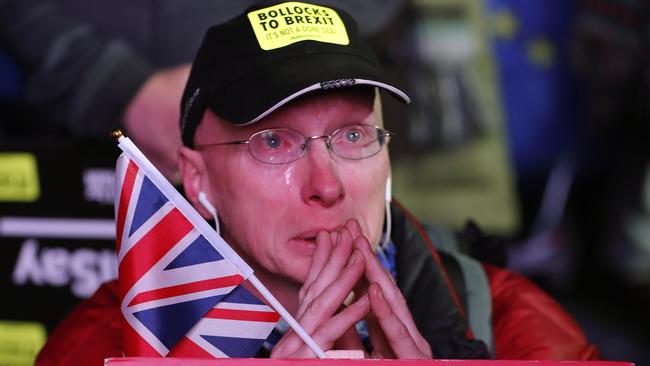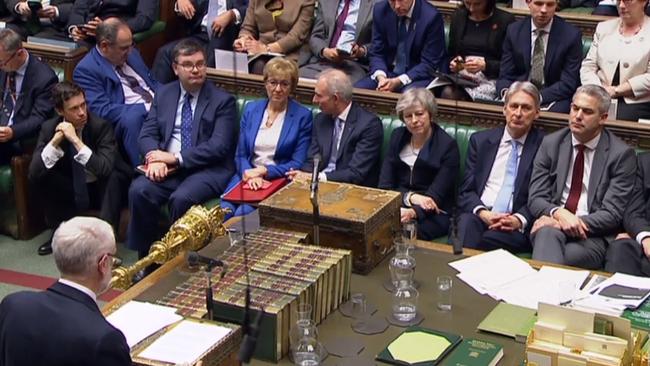Brexit Withdrawal Bill vote: How can Theresa May survive?
Theresa May’s government is set to survive tomorrow’s vote of no confidence but Brexit’s survival is another question entirely.

British prime minister Theresa May and the Conservative government are set to survive the first of many votes of no confidence tomorrow, despite suffering a thumping history-making defeat over the Brexit Withdrawal bill.
Constitutional experts believe that the United Kingdom is now more likely to leave the European Union without a deal on March 29 in the wake of Mrs May’s bill defeat because parliament would have to come up with a workable and acceptable solution to override the no-deal default position in the 40 sitting parliamentary sitting days remaining.
However, rebel Tory MP Dominic Grieve, a Queens Counsel, believed the parliament would end up supporting a second referendum rather than accept leaving the EU without a deal.

Labour leader Jeremy Corbyn immediately moved to table the confidence motion after Mrs May lost her bill by an extraordinary 230 votes, the biggest Westminster loss in 95 years. One hundred and eighteen Tory MPs — more than one in three in the party and representing hard Brexiteers, those wanting a softer Brexit or no Brexit at all, crossed the floor to vote down the deal.
BREXIT VOTE: How the voting unfolded
In a dramatic outcome of the depth of the defeat, Mrs May said she would now seek cross party advice but warned that given the short amount of time, she would only consider viable options to explore what kind of Brexit for which there may be a parliamentary consensus to take back to Brussels.
She said: “Tonight’s vote tells us nothing about what it (the parliament) does support, nothing about how or even if it will honour the decision of the British people who took part in a referendum. The citizens in the EU and the UK deserve clarity on these decisions as soon as possible and those who jobs rely on the UK deserve that clarity.”

She also denied that her strategy was to wind down the clock until March 29.
Labour Party strategists revealed that Mr Corbyn would continue to table a succession of confidence votes in the coming weeks, putting pressure on Mrs May and the Conservative party to soften their Brexit approach and to renegotiate with Brussels to stay within the EU Customs Union. But this risks a deep fissure in the Conservative party and MPs could be punished at a general election if the referendum vote is not carried out.
Normally in such a situation the Prime Minister would resign, and it would result in the collapse of the government, but this is unlikely to happen.
Mrs May still commands the Cabinet, although members are split among Brexit and Remain lines, and there is no obvious successor. The Tory leadership process is convoluted and time consuming, involving a ballot of Tory rank and file by a postal vote, which makes electing a new leader in the short time available before the Brexit deadline almost impossible.

There is also a feeling that it was Mrs May’s tone-deaf and time wasting approach that has got the party into the mess it is in, and so she continue to find a way out.
The Democratic Unionist Party, which props up the Tory government with confidence and supply, has confirmed it will vote to support Mrs May.
The European Union response to the vote indicates that they believe a no-deal Brexit or even a no-Brexit are still options.
European Council president Donald Tusk, who has long urged the UK to change its mind, tweeted: “If a deal is impossible, and no one wants no deal, then who will finally have the courage to say what the only positive solution is?”
If a deal is impossible, and no one wants no deal, then who will finally have the courage to say what the only positive solution is?
— Donald Tusk (@eucopresident) January 15, 2019
European Commission leader Jean-Claude Juncker tweeted: “I take note with regret of the outcome of the vote in the @HouseofCommons this evening. I urge the #UK to clarify its intentions as soon as possible. Time is almost up.”
I take note with regret of the outcome of the vote in the @HouseofCommons this evening. I urge the #UK to clarify its intentions as soon as possible. Time is almost up #Brexit https://t.co/SMmps5kexn
— Jean-Claude Juncker (@JunckerEU) January 15, 2019
Many Labour MPs are also preparing to push for a second referendum this week as a way of breaking the current deadlock.
The Minister for Health Matt Hancock said the big question for parliament was how to find a majority for an alternative Brexit.




